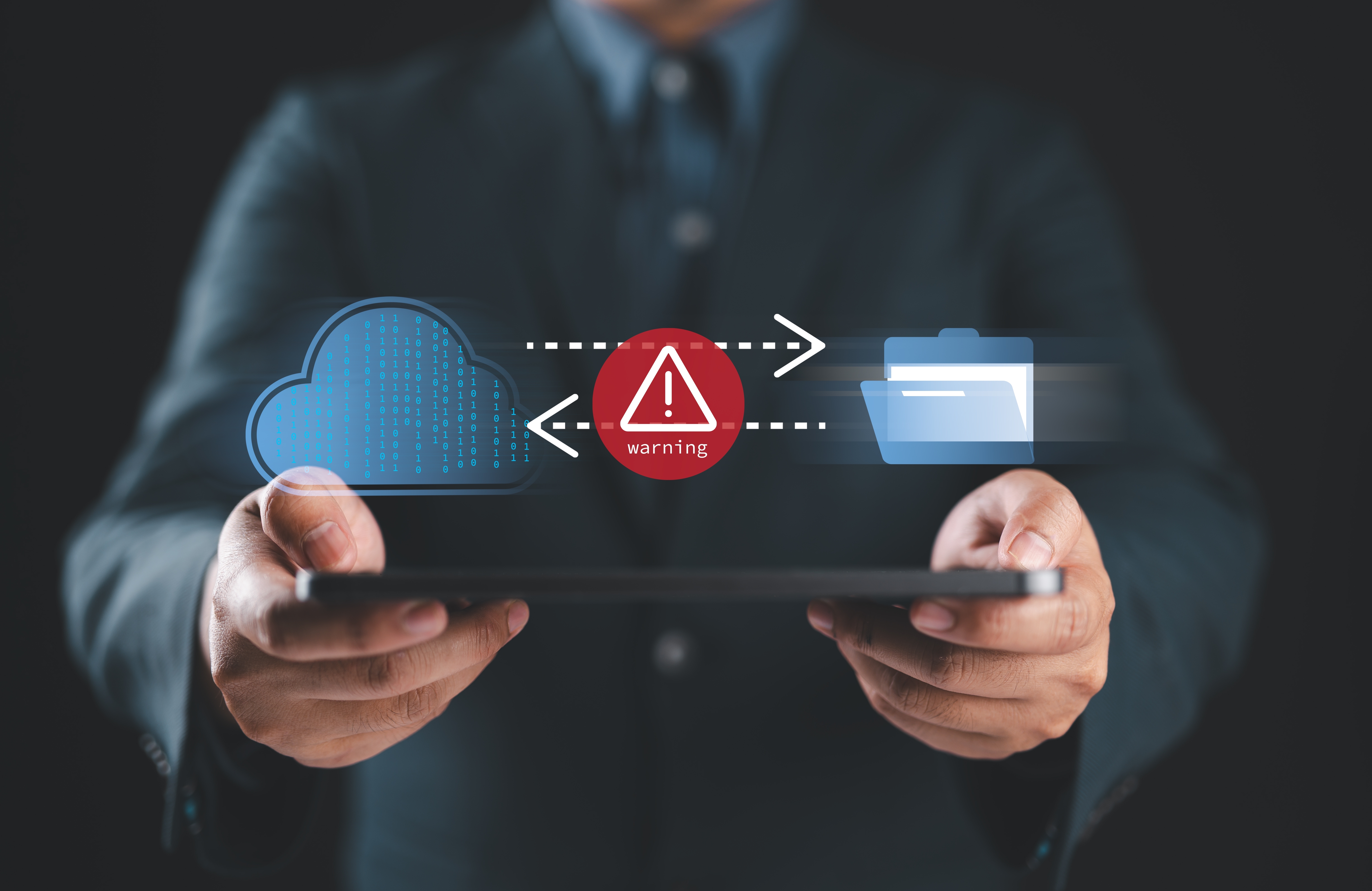Cybersecurity / Data breaches
Weekly Cybersecurity / Data breaches Insights
Stay ahead with our expertly curated weekly insights on the latest trends, developments, and news in Cybersecurity - Data breaches.
Recent Articles
Sort Options:

MRI scans, X-rays and more leaked online in major breach - over a million healthcare devices affected, here's what we know
Researchers from Modat have identified over 1.2 million misconfigured healthcare devices leaking sensitive patient data, including medical images and personal information. They emphasize the urgent need for proactive cybersecurity measures to protect against identity theft and fraud in the healthcare sector.

Exposed Without a Breach: The Cost of Data Blindness
In 2025, data breaches can occur without traditional attacks, often due to misconfigured systems and overpermissioned users. The article emphasizes the need for continuous data visibility to prevent silent exposures that can lead to significant reputational and legal consequences.

141 Million-File Data Breach Reveals Bank Statements And Crypto Keys
A staggering 1,297 data breaches, exposing 141 million files, highlight a significant attack risk, with financial documents found in 93% of cases. This alarming trend underscores the urgent need for enhanced cybersecurity measures.

New Research Shows Data Breaches Keep Coming. Here's How to Protect Yourself
A recent report reveals over 1,000 data breaches in the first half of the year, impacting millions of Americans. This alarming trend highlights the growing need for enhanced cybersecurity measures to protect personal information.

"No evidence" - here's why the massive 16 billion record data breach may not be as bad as first thought
Recent analysis suggests the alarming 16 billion record data breach may not be as severe as initially feared, potentially comprising previously leaked credentials. Experts emphasize the ongoing risk to individuals and the importance of robust security measures against identity theft.